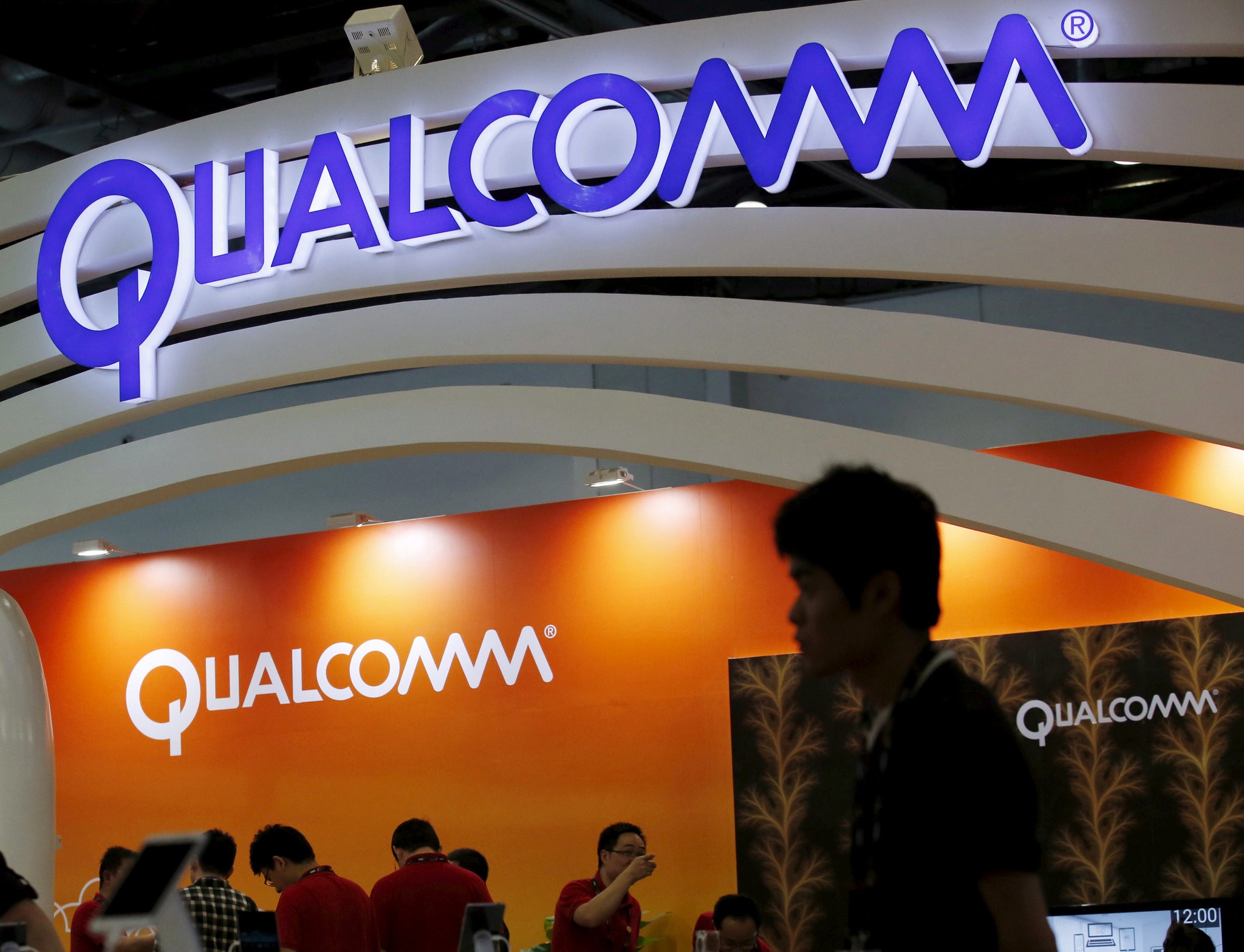 1336
1336
 2018-09-26
2018-09-26

Qualcomm accused Apple of stealing proprietary software and sharing it with the rival chip maker Intel as part of a scheme to reduce Apple’s reliance on Qualcomm technology.
The claim, made in documents filed in California Superior Court in San Diego on Monday night, add to charges that Qualcomm leveled last year and escalates a broad legal battle that has been raging between the two technology giants since early 2017.
Qualcomm said Apple had engaged in a “multiyear campaign of sloppy, inappropriate and deceitful conduct to steal Qualcomm’s information and trade secrets” to help improve the performance of Intel chips so they could match Qualcomm products.
The material taken included computer source code, software development tools and log files providing data about the performance of Qualcomm products, according to the filing.
An Apple spokesman referred on Tuesday to statements the company has issued since it began the legal struggle by suing Qualcomm in early 2017 over patent royalties that handset makers are required to pay the San Diego company. Apple argues that Qualcomm’s business practices are illegally harming Apple and the entire tech industry.
In court documents, Apple has complained that Qualcomm has failed to provide evidence of any stolen information, though Apple has provided extensive access to corporate records. Qualcomm, in turn, accuses Apple of dragging its feet on providing information needed to bolster its charges.
An Intel spokesman declined to comment.
Qualcomm, the leading supplier of modem chips that allow smartphones to communicate over cellular networks, became Apple’s main source for those kinds of chips in iPhones in 2011. But Apple has moved to drop Qualcomm as a supplier; the new iPhones announced this month use only modem chips from Intel.
Qualcomm, which has also been sued by the Federal Trade Commission and foreign regulators over its patent licensing practices, filed patent-infringement suits and other actions in response to Apple’s suit. In the San Diego case, Qualcomm initially accused Apple of violating a key agreement governing the use of the two companies’ proprietary technology.
That agreement contained a series of restrictions aimed at protecting Qualcomm source code and other information, restrictions that Apple violated, in part, by sharing information with Intel, Qualcomm said in the initial complaint.
In its latest move, Qualcomm provided more claims in its effort to persuade a judge to broaden the suit to cover theft of trade secrets. That question is expected to be considered at a hearing on Nov. 30, while a trial has been set for April.
Qualcomm officials, and some analysts, believe the dispute with Apple is essentially a dispute over how much the smartphone maker pays to license Qualcomm patents. Steve Mollenkopf, Qualcomm’s chief executive, has held out hope that a settlement might be reached with Apple.
“That really creates a much better environment for us to be able to resolve at least the licensing business issues that we have,” Mr. Mollenkopf said in an interview in July.
Qualcomm’s battle with Apple is one of many challenges the company has grappled with recently. It battled a takeover attempt by a rival, Broadcom, for four months before President Trump blocked the bid on national security grounds. More recently, Qualcomm called off a $44 billion bid to buy NXP after the Chinese authorities failed to approve the transaction.
Source: nytimes